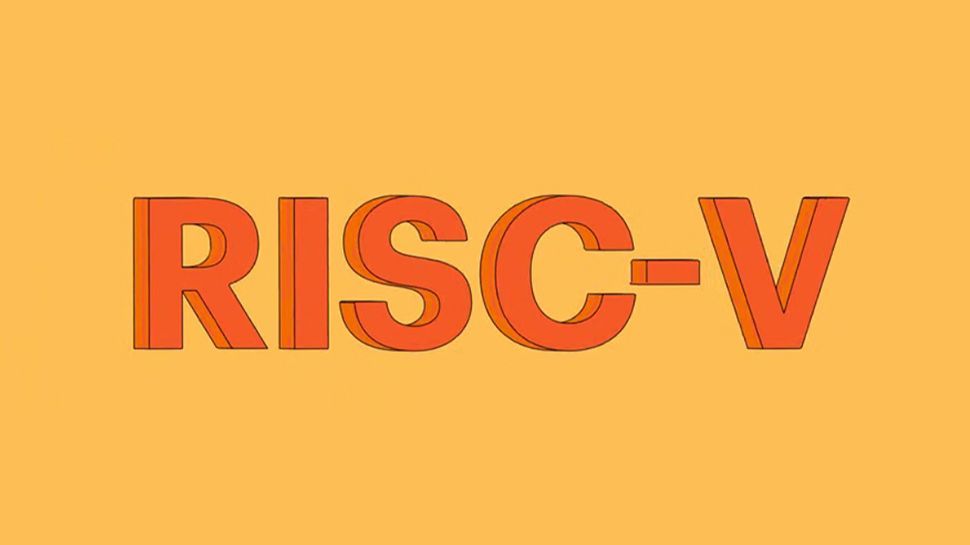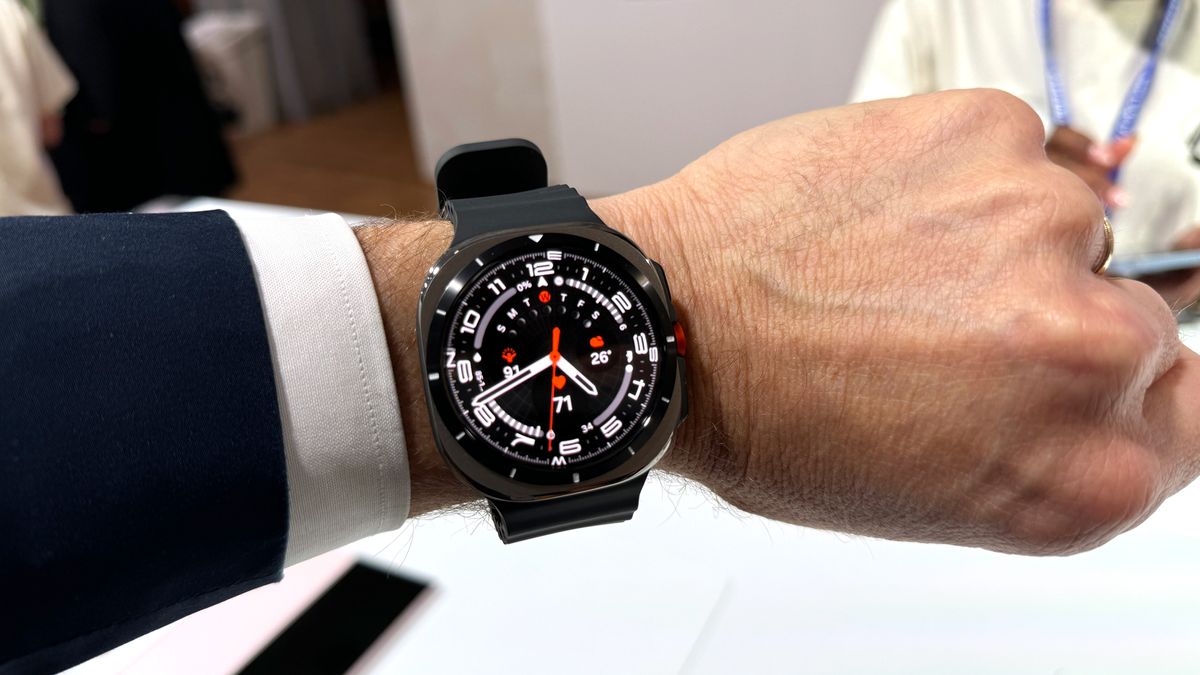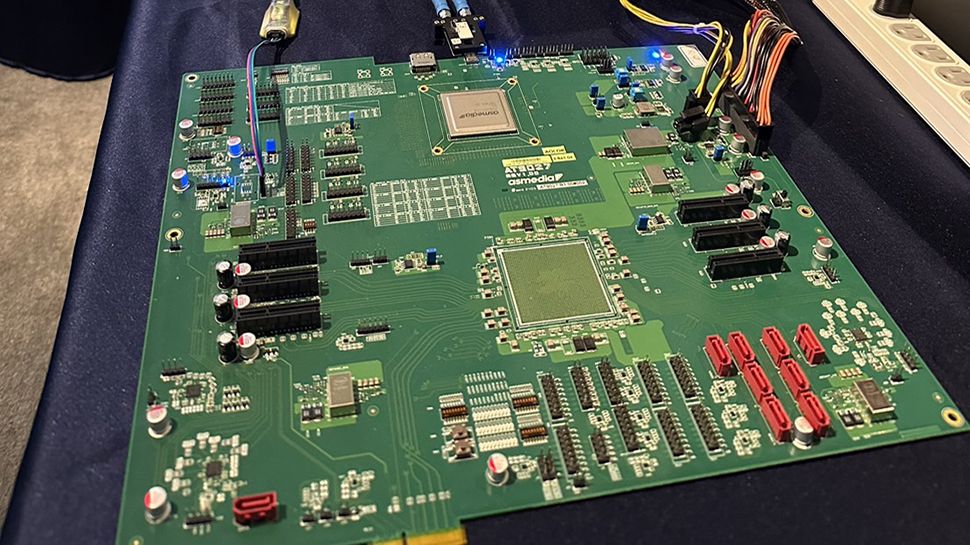Framework, best known for its modular laptops, has certainly been busy lately. The firm recently presented a new version of its Framework Laptop 13 with Intel Core Ultra processors, 9.2 megapixel webcam and support for 96 GB of DDR5 RAM.
It then followed up by releasing Framework Laptop 16 3D CAD files so enterprising users could 3D print their own skins, cases, and accessories, and has just added the Laptop 13 CAD files to its GitHub repository.
Now, Framework announces that it has partnered with DeepComputing to offer a motherboard with a RISC-V processor for the first time. Aimed at developers, hobbyists and technology enthusiasts, the new motherboard has been designed for experimentation and development rather than performance. Framework buyers still have the option to choose Intel and AMD processors for that.
Four RISC-V cores
The heart of the new motherboard is StarFive's JH7110 processor, which contains four SiFive U74 RISC-V cores. This marks one of the first uses of RISC-V technology in a consumer-focused product outside of embedded applications.
As a completely open instruction set architecture (ISA), RISC-V acts as an interface between software and hardware, similar to the proprietary x86 used in today's PCs. This architecture allows any developer to build their own processors without the expensive licensing fees associated with other more popular ISAs, such as Qualcomm and Arm. Framework prides itself on reducing component costs, so this is a natural fit.
Patel says the Framework will offer robust Linux support for the new hardware through a collaboration with Canonical and the Fedora community.
Further details regarding the functionality, compatibility and availability of the motherboard, which will be compatible with the Framework Laptop 13 and Cooler Master Mainboard Case, will be revealed in due course. A product page is already available and DeepComputing will be demonstrating an early version of the motherboard in a 13 laptop at the upcoming RISC-V European Summit.
Nirav Patel, CEO of Framework, says: “This is a huge milestone in both expanding the breadth of the Framework ecosystem and making RISC-V more accessible than ever. “We designed the Laptop Framework to allow for great flexibility and customization, and now that extends to the selection of processor architecture.”









